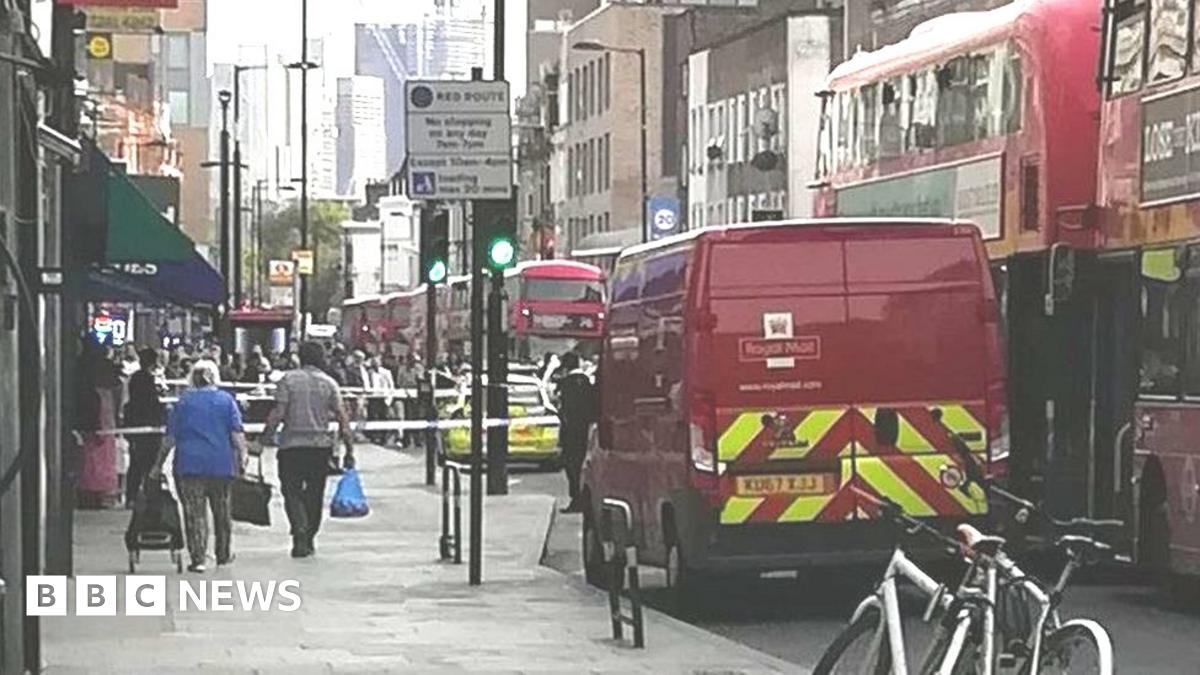What is and what isn't an e-bike?
This is a great question and there is only one answer ...... Is there?
Taken from Wiki. All copyrights acknowledged.
A
pedelec (from
pedal
electric
cycle) or
EPAC (
electronically power assisted cycle), is a type of low-powered
electric bicycle where the rider's pedalling is assisted by a small
electric motor. However, unlike some other types of e-bikes, pedelecs are classified as conventional bicycles in many countries by road authorities rather than as a type of electric moped. Pedelecs include an electronic controller which cuts power to the motor when the rider is not pedalling or when a certain speed – usually 25 km/h (16 mph) or 32 km/h (20 mph) – is reached. Pedelecs are useful for people who ride in hilly areas or in strong
headwinds. While a pedelec can be any
type of bicycle, a pedelec
city bike is very common. A conventional bicycle can be converted to a pedelec with the addition of the necessary parts, e.g., motor, battery, etc.
Many jurisdictions
classify pedelecs as bicycles as opposed to
mopeds or motorcycles. More powerful
e-bikes, such as the
S-Pedelecs and
power-on-demand e-bikes (those whose motors can provide assistance regardless of whether the rider is pedalling) are often classified as mopeds or even motorcycles with the rider thus subject to the regulations of such motor vehicles, e.g., having a license and a vehicle registration, wearing a helmet, etc.
From what I've read in this thread, I'd say the Wiki intro is a fair representation of what is generally accepted in in Pedelecs. Feel free to say otherwise of course.

Some of my background is in firearms, and there are some comparisons to be made between the two. Generally speaking, anything with a trigger that goes 'bang' in the UK is illegal. There are some circumstances where air pistols and air rifles, below their respective power ranges, can be used unlicensed. Anything and everything else, needs a license. Any equipment when purchased from the authorised seller, has to be tested (proofed) as should any modifications to it. Sound familiar?
It's not easy to see if an air rifle has more power than it should have, as with e-bikes. It's not until something bad happens, and the police get involved that equipment is tested, and if the test is failed, there's a whole world of trouble going to come down on the owner. At present, I wouldn't be surprised if e-bike owners, along with e-scooter owners, settle for confiscation over a prosecution since riding either on public highways is pretty indefensible. Any form of mitigation won't see you getting off a successful prosecution. Cheaper for the police, less time in court, and no criminal record for the owner. A win/win/win from enforcing the law point of view.
Regardless to the rights and wrongs of British legislation, I think too much was done too late. I don't necessarily mean just e-bikes, but e-scooters too.
E-scooters and e-bikes are, and will remain, a fact of life. Anyone who thinks otherwise, is obviously related to Canute. The tide of electrically powered personal transport will reach if it hasn't already,
tidal proportions. Once small, high amperage batteries were possible, (thank you mobile phones), e-powered person transport was always going to happen. Market opportunity is enormous.
The British government should have limited the power of any e-vehicle being sold and put the onus on the seller for compliance. If there was a need for greater power, for purely off-road vehicles, those vehicles should have had 'approved' status (type approval perhaps or individual approval), with a license for use tied to that motorised vehicle.
With e-scooters being imported by the likes of ChAmazon and maybe Ebay by the thousands, the potential for post-purchase policing was always, is always going to be impossible. That cat is well and truly, out of the bag. With high street retailers now selling them openly, I think it safe to say the British government can do nothing about it now. At best there can only be mitigation, and that comes via confiscation during local purges, or through prosecution after a serious accident. Though even the prosecution through an accident seems difficult to prove in law.
What I'm reading in this thread is that there are in law, allowances for 'pedelecs', rather than what might be called e-bikes? With e-bikes given to mean anything outside the power envelope provided by legislation.....
My conclusion from reading this thread is that for most of us, the e-motor assistance power levels offered within the UK legislation seems to be perfectly adequate. While I don't yet have a motor on any of my bikes, I know that 10mph is a reasonably good speed for me, though I don't ride on the road. It's also significantly faster than I'm able to ride up long hills after an hours riding in countryside, especially through mud. I can see the need for a 'boost' in some situations, and what I can gather is the systems available, can provide for that too. My mate with a Levo de-restricted his bike and his first motor didn't last long after that, (though neither did his second motor which he didn't de-restrict). The bigger issue for the consumer seems to be reliability?
While it might seem like I'm being critical, I can see the pleasure and purpose in higher powered e-bikes, and I think there's also a case for making their use a little bit easier than sing what could be exhaustive testing?
In an article of 15 February, Bike Europe reports “Confusion on Categorization and Type-Approval”. LEVA-EU wants to make it clear that there is no confusion whatsoever. The L1e-A category in Regulation 168/2013 has been largely overlooked (ignored?) by the electric bike sector. It is true...

leva-eu.com
As power availability increases, as reliability increases, there might be a case for periodic (safety) testing for higher powered two or three wheeled e-vehicles, but it seems at the moment, there is very little motivation to take on large organisations like the EU, to allow higher categories with reasonable speeds and suitable equipment levels without the cost involved in combustion engined type approval. At the moment, the government seems to treat pedelecs as bicycles (rightly), and combustion engined vehicles as motor vehicles, but no obvious slots in between that are easily recognisable.
Within my lifetime (hopefully within my lifetime), combustion engined vehicles sales are scheduled to be banned in the UK. I can't afford a £40,000 electric car, and morally I won't pay for one either. (I bought my first home for less.) What is the alternative? In my view, 4 wheeled covered cargo bikes, but they won't be powered by 250w motors, and if they are, they won't be lasting very long.
My belief is "e" transport is the future. Maybe using car or lorry based lead-acid batteries as the Chinese on what are e-mopeds, or something more substantial. What doesn't seem to be readily available, is a reasonably priced e-moped grade vehicle, within current legislation that can be used by commuters at say 30mph, allowing them to keep up with 'in town' traffic. Certainly nothing with 3 or 4 wheels. One or two might be thinking what about pedals? What about getting home with a flat battery? I'm asking the questions, not providing all the answers.
















